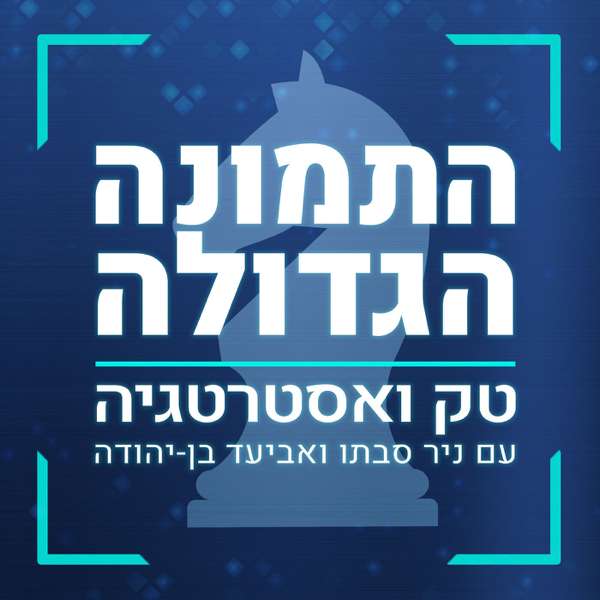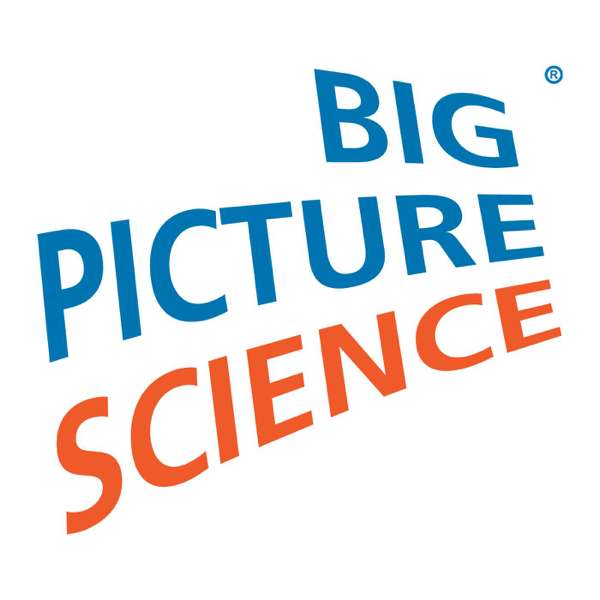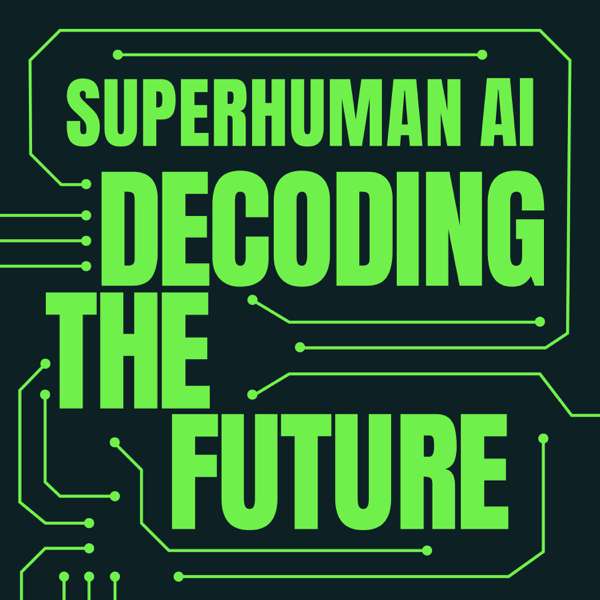Opening Remarks
Sarah Ladislaw, Alex Dehgan, and Iain Campbell
Keynote
Gina McCarthy, former Administrator, U.S Environmental Protection Agency; and Director, Center for Climate, Health, & Global Environment, Harvard T.H. Chan School of Public Health
Panel One: The Problem and Potential of Technological Solutions
David Nemtzow, Bill Sisson, Paul Bunje, Gabrielle Dreyfus, and Kartikeya Singh
Keynote
John Roome, Senior Director, Climate Change, The World Bank
Panel Two: Deploying Solutions at Scale
Eric Toone, Jason Hartke, Stacy Swann, William F. Martin, and Erol Yayboke
Reception
The CSIS Energy & National Security Program, Rocky Mountain Institute, Conservation X Labs, and the Institute for Governance & Sustainable Development are pleased to host the U.S. launch of the Global Cooling Prize. To shed light on the purpose of the prize, keynote speakers and panelists will discuss the importance of developing new cooling technologies as the world grapples with climate change.
We are pleased to host Gina McCarthy and John Roome, who will each deliver keynote addresses to frame the importance of cooling within the contexts of climate, public health, investment, and scaling.
Following these keynotes, our expert panelists—from a variety of backgrounds and perspectives relative to climate and cooling technologies—will discuss the growing global demand for residential cooling, potential technological solutions, and how to deploy these solutions at scale.
Announced in November 2018, the Global Cooling Prize is a global competition to develop breakthrough residential cooling technology. The Prize seeks to create a global cooling revolution by spurring the development of a radically more energy-efficient cooling technology. The Prize calls upon participants around the world to develop a breakthrough residential cooling technology with at least 5 times less climate impact when compared to a baseline unit.
The Prize is administered by Rocky Mountain Institute, Conservation X Labs, the Alliance for an Energy Efficient Economy, and CEPT University. It is made possible by the Indian Department of Science and Technology, Tomkat Foundation, Argosy Foundation, The Grantham Foundation, Shakti Sustainable Energy Foundation, Workforce Equity & Fiduciary Capital Advisors, and the Sidney E. Frank Foundation.
This event is made possible by general funding to CSIS and the CSIS Energy & National Security Program.

 Our TOPPODCAST Picks
Our TOPPODCAST Picks  Stay Connected
Stay Connected







